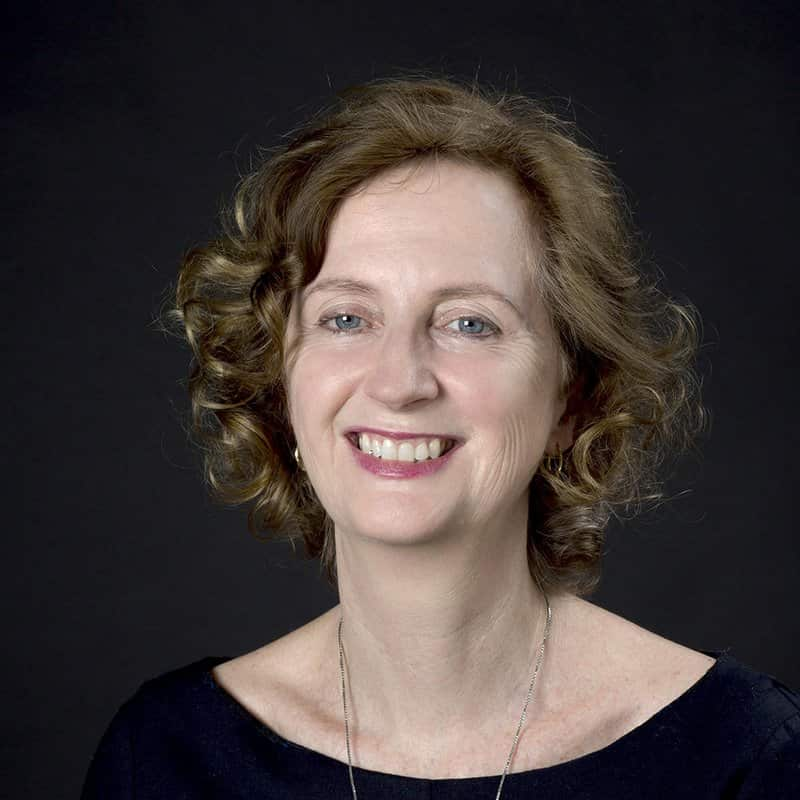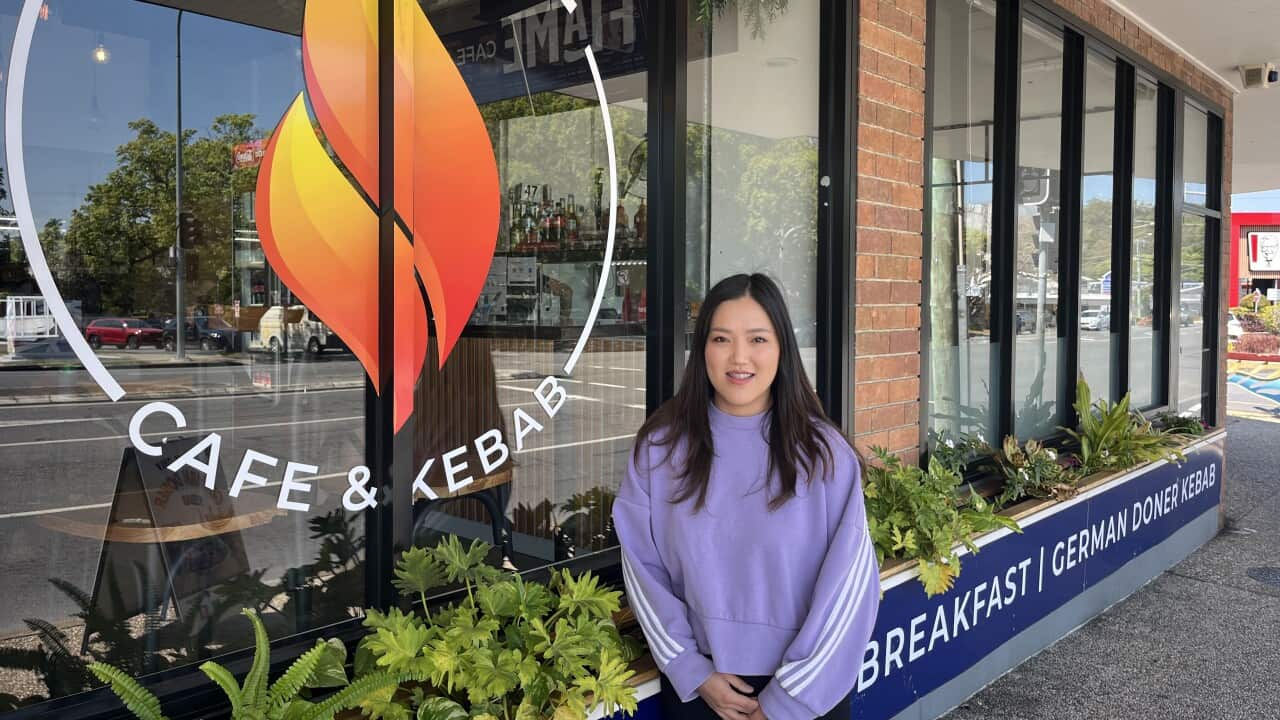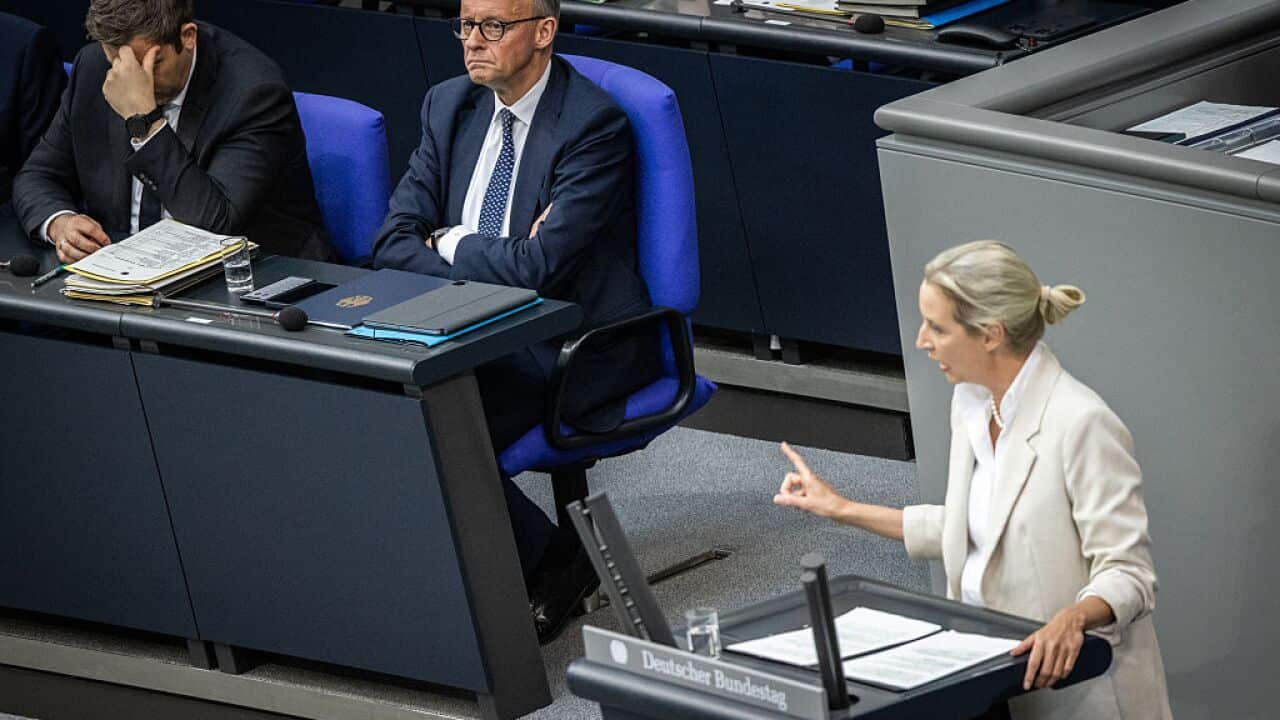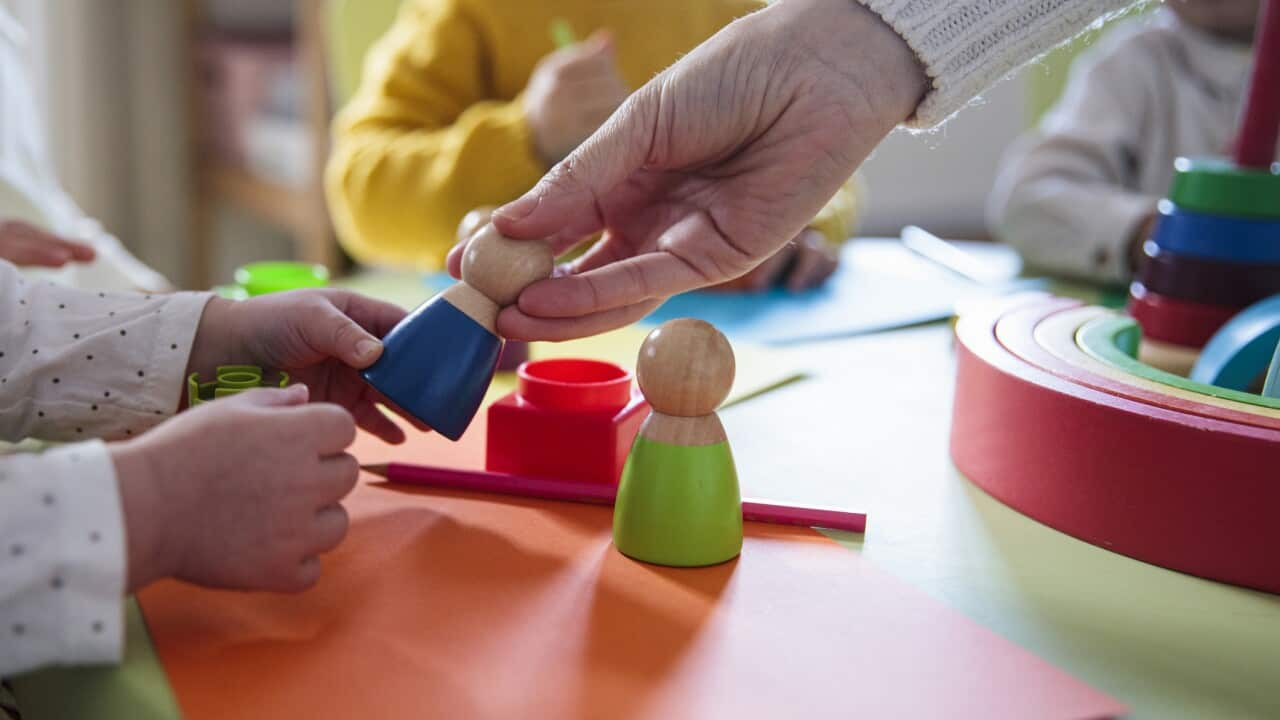Louise Anemaat is the director of the library and information services at the State Library of NSW and speaks to us about the collection Kleines Wiener Theater, which consists of two-language plays, notes, letters and much more. The theater productions were an outlet for the nostalgia for the old homeland and provided a meeting place for people with similar experiences. The Viennese theater tried to create something in its new country, which was based on common values, interests and experiences and at the same time continued the Viennese theater tradition. The members processed their experiences in the new environment with humorous and self-deprecating stories.
The theater productions were an outlet for the nostalgia for the old homeland and provided a meeting place for people with similar experiences. The Viennese theater tried to create something in its new country, which was based on common values, interests and experiences and at the same time continued the Viennese theater tradition. The members processed their experiences in the new environment with humorous and self-deprecating stories.

All actors were amateurs and worked free of charge. The bilingual scripts were usually written by Alfred Baring and Karl Bittman. The reputation of the theater was largely based on the so-called Bunten Abende. These were cabaret performances that contained a mixture of cabaret scenes, jokes, and songs based on linguistic misunderstandings and cultural struggles. Later scripts were linked by a subplot or topic.
Her first appearances took place in private homes and gardens. Later on, the company performed in halls and theaters such as the Independent Theater in North Sydney and the Anzac House Auditorium. The group usually performed two or three plays a year, with six to twelve performances a year.
In 1958, one of the founding couples, the Felsers, left the Vienna Theater and founded a new German-speaking theater group, the Kammerspiele Sydney in the Independent Theater. One of the reasons for the split was the disagreement over the repertoire of the Kleines Wiener Theater. Until the early 1950s, the Viennese theater had performed comedies from their Viennese past. More serious, contemporary pieces, for example Kafka’s The Trial, were performed from 1951, mainly under the influence of Gerhard Felser. Criticism of this new direction eventually led to the division of the group and the founding of the Kammerspiele. The Kammerspiele were dissolved in 1968.
The productions of the Kleines Wiener Theater were always well attended and eagerly awaited. Many collaborated with the Vienna Theater, including Henri Szeps (who played the son in the TV show Mother and Son), Professor Max Feuerring, Stan Rapotec, Quentin Hole, Stefan Haag, Owen Grant. Alphons Silbermann and John Bluthal. The music was written by Werner Baer and Steps Weintraub. Foreign guests included Freddi Durra, Gerhard Bronner and Peter Wehle.




